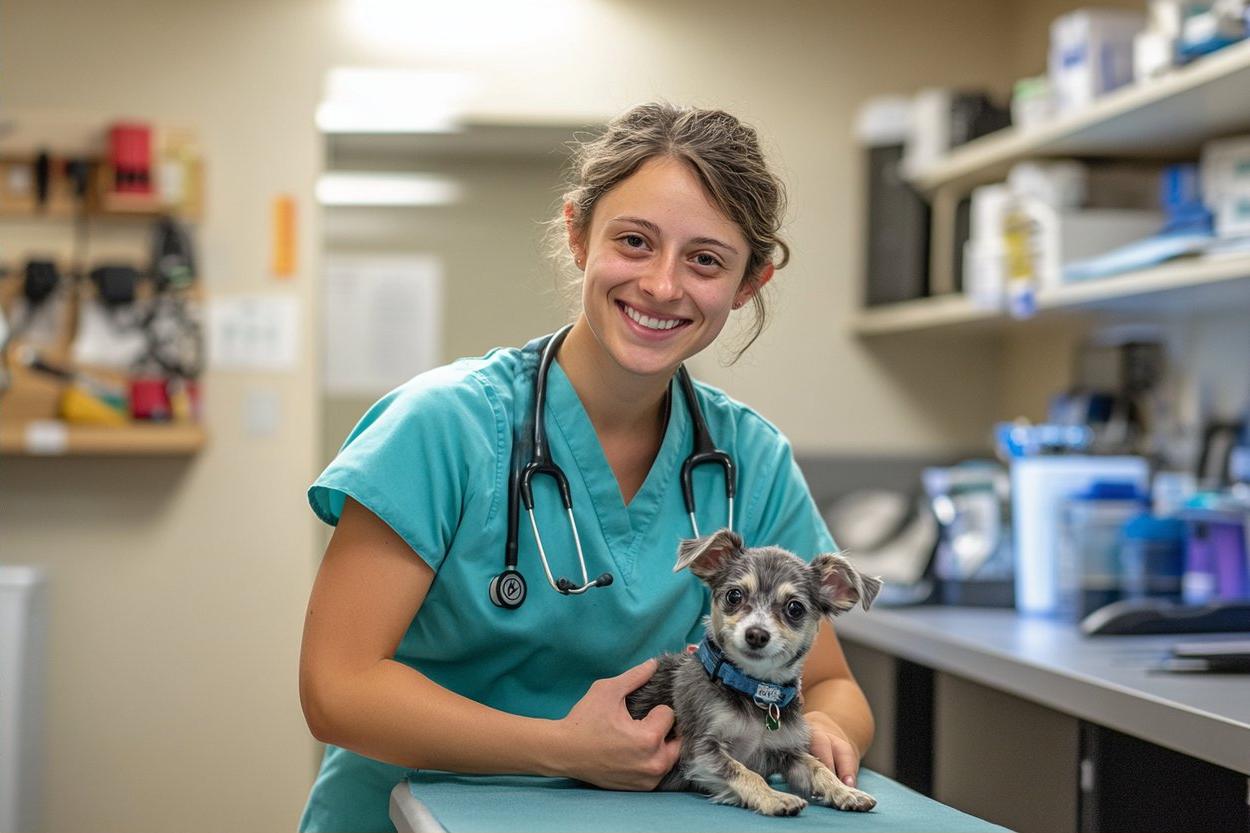Available Puppies in My Area — Practical Guide to Finding and Adopting Local Puppies
Finding the right puppy requires careful research, patience, and understanding of local resources. Whether you're considering adoption from shelters or purchasing from breeders, knowing where to look and what questions to ask can make all the difference. This comprehensive guide walks you through the essential steps of locating healthy puppies in your area, understanding costs involved, and preparing your home for a new four-legged family member.

Bringing a puppy into your family is an exciting milestone that requires thoughtful planning and research. The process involves more than simply finding available puppies – it requires understanding different sources, evaluating health records, considering financial commitments, and preparing your living space for a new companion.
Where to Look: Local Shelters, Rescues, and Reputable Breeders
Animal shelters and rescue organizations often house puppies of various breeds and mixed breeds seeking homes. These facilities typically provide initial veterinary care, including vaccinations and spaying or neutering services. Local shelters maintain websites with current available animals, and many offer meet-and-greet sessions to help families find compatible matches.
Reputable breeders focus on specific breeds and prioritize health testing, proper socialization, and ethical breeding practices. Legitimate breeders welcome facility visits, provide health clearances for parent dogs, and maintain detailed records of lineage and medical history. They often have waiting lists and screen potential owners to ensure suitable placements.
Searching Online: Listings, Community Groups, and Alert Tools
Online platforms offer extensive databases of available puppies from various sources. Websites like Petfinder aggregate listings from shelters and rescue organizations nationwide, allowing searches by location, breed, age, and size preferences. Many platforms include detailed profiles with photos, personality descriptions, and contact information for responsible parties.
Social media groups dedicated to pet adoption in specific geographic areas provide real-time updates on available animals. Community Facebook groups, neighborhood apps, and breed-specific forums often feature posts from individuals rehoming puppies or announcements from local rescue operations.
Health and History: Vaccinations, Vet Checks, and Documentation
Healthy puppies require comprehensive medical documentation including vaccination records, deworming treatments, and veterinary examination reports. Reputable sources provide written health certificates detailing completed medical procedures and recommended future care schedules.
Genetic health testing becomes particularly important when considering purebred puppies. Responsible breeders conduct health screenings for common breed-specific conditions and provide documentation of clear results. This information helps predict potential future health issues and associated veterinary costs.
Adoption vs Purchase: Costs, Contracts, and Ethical Considerations
Adoption fees from shelters and rescues typically include initial veterinary care, microchipping, and spaying or neutering services. These organizations focus on finding suitable homes rather than generating profit, often providing ongoing support and resources for new pet owners.
Purchasing from breeders involves higher upfront costs but may include additional services like initial training, health guarantees, and lifetime breeder support. Contracts should clearly outline responsibilities, health guarantees, and return policies if circumstances change.
| Source Type | Average Cost Range | Included Services |
|---|---|---|
| Animal Shelter | $50-$300 | Vaccinations, spay/neuter, microchip |
| Rescue Organization | $200-$500 | Medical care, behavioral assessment, support |
| Reputable Breeder | $500-$3000+ | Health testing, registration papers, breeder support |
| Pet Store | $500-$2000 | Basic vaccinations, limited health guarantee |
Prices, rates, or cost estimates mentioned in this article are based on the latest available information but may change over time. Independent research is advised before making financial decisions.
Preparing Your Home: Supplies, Training, and the First Weeks Together
Successful puppy integration requires advance preparation including puppy-proofing living spaces, purchasing essential supplies, and establishing routines. Basic necessities include food and water bowls, appropriate puppy food, collar and leash, identification tags, comfortable bedding, and safe toys for teething and play.
Training preparation involves researching positive reinforcement techniques, identifying local puppy training classes, and establishing consistent household rules before arrival. Early socialization during the critical developmental period between 8-16 weeks significantly impacts long-term behavior and adaptability.
The initial weeks require patience, consistency, and realistic expectations. Puppies need frequent feeding schedules, regular potty breaks, supervised exploration time, and gradual introduction to new experiences. Establishing veterinary care relationships and scheduling follow-up appointments ensures continued health monitoring and vaccination completion.
Finding the right puppy involves balancing emotional connections with practical considerations including lifestyle compatibility, long-term commitment requirements, and financial responsibilities. Taking time to research sources thoroughly, ask detailed questions, and prepare adequately creates the foundation for a successful and rewarding relationship with your new companion.




